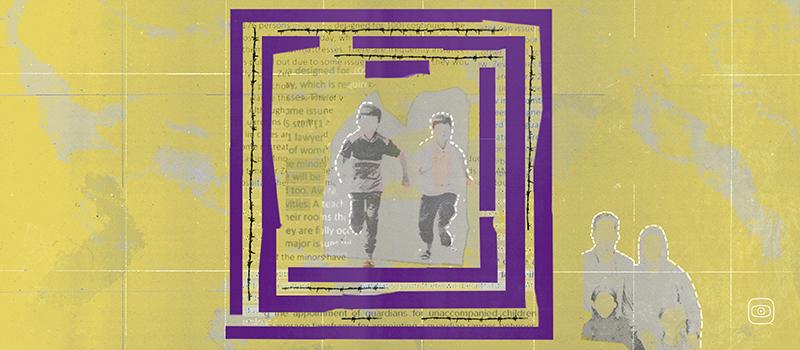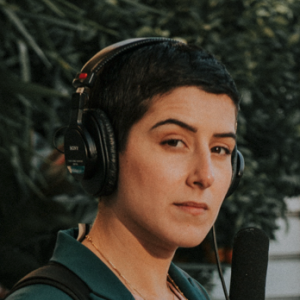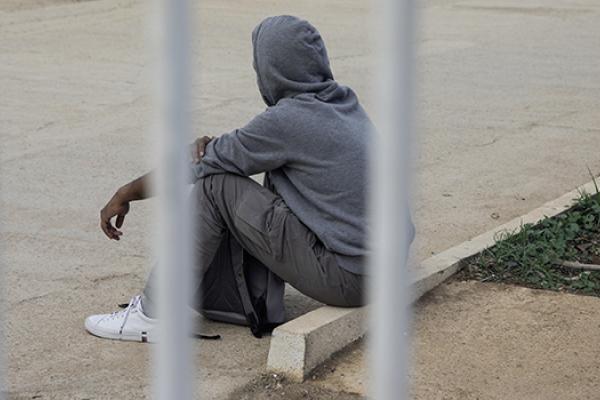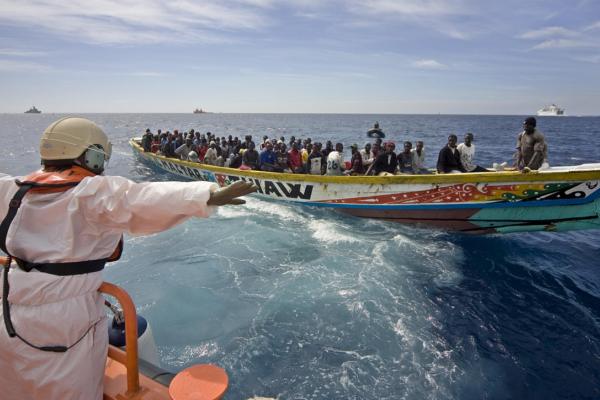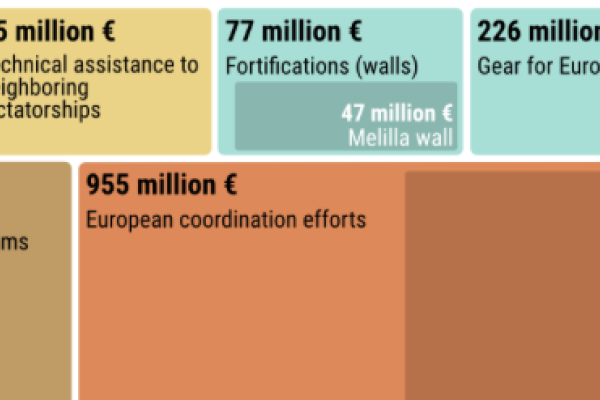Across Europe, unaccompanied minors who have fled war and persecution must wait months, or even years, to be reunited with relatives who are living legally in other EU countries. What should be a straightforward process under the Dublin III Regulation has become a bureaucratic maze, leaving children stranded in camps and shelters.
This cross-border investigation, reported from Greece, Italy and the United Kingdom, reveals how national bottlenecks, understaffed guardianship systems, and a reluctance among politicians to accept transfers have turned family reunification into an obstacle course. Drawing on interviews with affected children, lawyers, non-governmental organisations (NGOs) and officials, as well as internal documents obtained through freedom of information requests, the investigation exposes systemic delays and inconsistent implementation of EU law.
The reporting team encountered complex access restrictions and privacy barriers when seeking official data. However, by combining confidential documents and first-hand testimonies, the story paints a stark picture of Europe’s failure to uphold one of its most fundamental humanitarian obligations: keeping families together.
Key Findings
- Fragmented system: Despite being governed by a single EU law, reunification procedures vary widely between member states.
- Legal guardianship bottleneck: In Greece and Italy, children often have to wait months for a legal guardian before they can apply for reunification.
- Political barriers: Some states, including the UK post-Brexit, have quietly narrowed acceptance of family cases.
- Human cost: Children remain stuck in shelters or camps long after their right to reunification has been confirmed.
Image: Photo by Galateia latraki / SOLOMON
